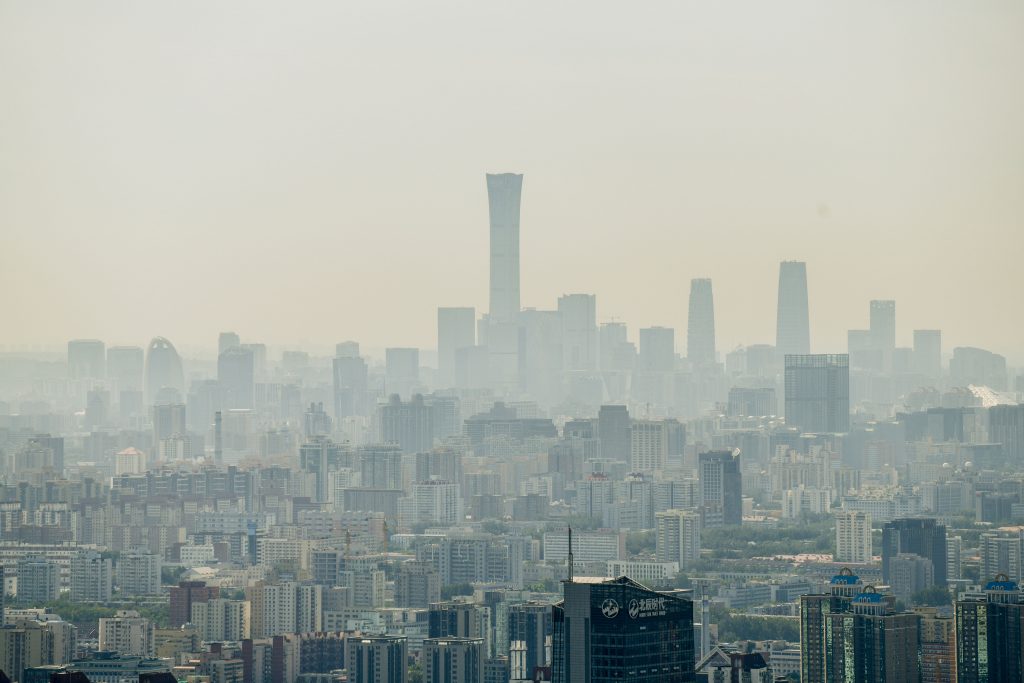
- ARAB NEWS
- 04 Jul 2025

Anthony Rowley
TOKYO: At the start of any New Year, economists and analysts like to prognosticate about the future and this year forecasts range from optimism on prospects for a global economic recovery from the COVID-19 pandemic to gloom over the chances of being able to overcome the destruction the crisis has wrought.
Yet lost in this sea of scenarios is the issue of how far events of the past year have shifted the balance of economic power in Asia between the US on the one hand and China on the other. Likewise, how far has the balance of power between Western-style market capitalism and Chinese-style state capitalism changed?”
The American president Donald Trump has been busy throughout his tumultuous presidency slashing and burning trade and investment agreements which the US had carefully crafted over a period of many years, Meanwhile, China has been equally busy creating a powerful arsenal of trade and other accords with key partners.
This process moved a significant stage further forward with the signing of the Comprehensive Agreement on Investment (CAI) between China and the EU on December 30 -just one month after Beijing signed the Regional Comprehensive Economic Partnership agreement (RCEP) with 14 partner nations.
As Hung Tran at the Atlantic Council in Washington says, “in addition to the CAI, the RCEP plus China’s growing trade and investment relationships with developing countries (especially under the Belt and Road Initiative) have constituted a vast and viable economic living space for China”
This, as the former executive managing director at the Institute of International Finance and former IMF Deputy Director says, “has enabled China to build up political influence among developing countries, as it faces protracted strategic contention with the US and the West in general.”
What this all means is that however successful president-elect Joe Biden may be in repairing the damage done to US (and global) interests by the Trump administration, Asia’s economic landscape seems likely to be dominated more by China than by the US during Biden’s term.
Trump’s bungled trade and investment policies will probably be seen in retrospect as having hastened a worrying process of decline in market economies and democratic governments – their relative failure to appreciate the need for (and ability to implement) long-term investment strategies.
Personality-driven rather than strategy-driven administrations (among which Trump’s has been one of the most egregious examples) jump from one short-term tactic to another and end up losing the game – rather like a chess player who pits speed-chess moves against a deliberating grand master.
The outgoing US president tried an opening gambit of tariffs and trade restraints to achieve a quick checkmate only to find that his own pieces were being captured by the move. He then resorted to other ill considered moves only to find that his opponent was surrounding him.
This is where things stand now in the US-China economic relationship (or perhaps we should say “adversarial clash”). The US finds itself “surrounded” in Asia by China’s rival pieces – an analogy perhaps better suited to the game of “Go: than to chess but broadly applicable in both cases.
Biden may well respond to the Chinese “threat” with a kind of “if you can’t beat them then join them” approach, which could prove constructive or destructive depending upon how it is applied.
As Grant T. Harris a political strategist who also writes for the Atlantic Council has commented, “to expect US companies to match China’s resources and withstand its tactics without the full support of the US government is a farce.” Washington, as Harris has argued “needs a new approach.”
Such a new approach will need to be a radical one. Public support for strategic industries (China style) will surely be essential. But in a “mixed economy” this may be seen as subsidizing shareholders of private sector enterprises. This will pose a systemic and ideological dilemma.
The dilemma is one that is likely to dominate economic debate in market economies throughout the early 2020’s as state capitalism confronts market capitalism.
The demand for mega investments in projects such as tackling climate change, preventing further pandemics and building infrastructure will show which of the two systems is the more effective and more resilient when it comes to long-term economic and social system sustainability.
The US approach has been to use trade and investment agreements to engineer “market friendly” structural change in partner economies (a la the Trans- Pacific Partnership or TPP for example) whereas China’s approach has been chiefly to foster cross-border commerce (a la the RCEP and now the CAI).
Increasingly, Washington is operating or negotiating from a position of weakness as the US-encircling strategies employed by Beijing -“slow-chess” style – are changing the shape of the economic playing field in Asia and where the rules of the game are shaped more by pragmatism than by ideology.
The European Union is somewhere between the American and Chinese positions in this regard but Brussels’ decision to enter the Comprehensive Agreement on Investment with Beijing has clearly created alarm in the Biden camp as it waits to enter office later this month.
It is being seen by Biden appointees and advisors as preempting and perhaps undermining a new trade agreement which the US will need to reach with China as the threadbare fabric of the Trump era relationship or “cold war” is exposed to the winds of economic competition in Asia and elsewhere.
Rather than criticizing the EU for taking a softer line on China than the US desires (even though the agreement makes Chinese concessions to Europe) the Biden administration will need to recognize the growing challenge to US dominance in Asia and focus on strengthening its own framework.